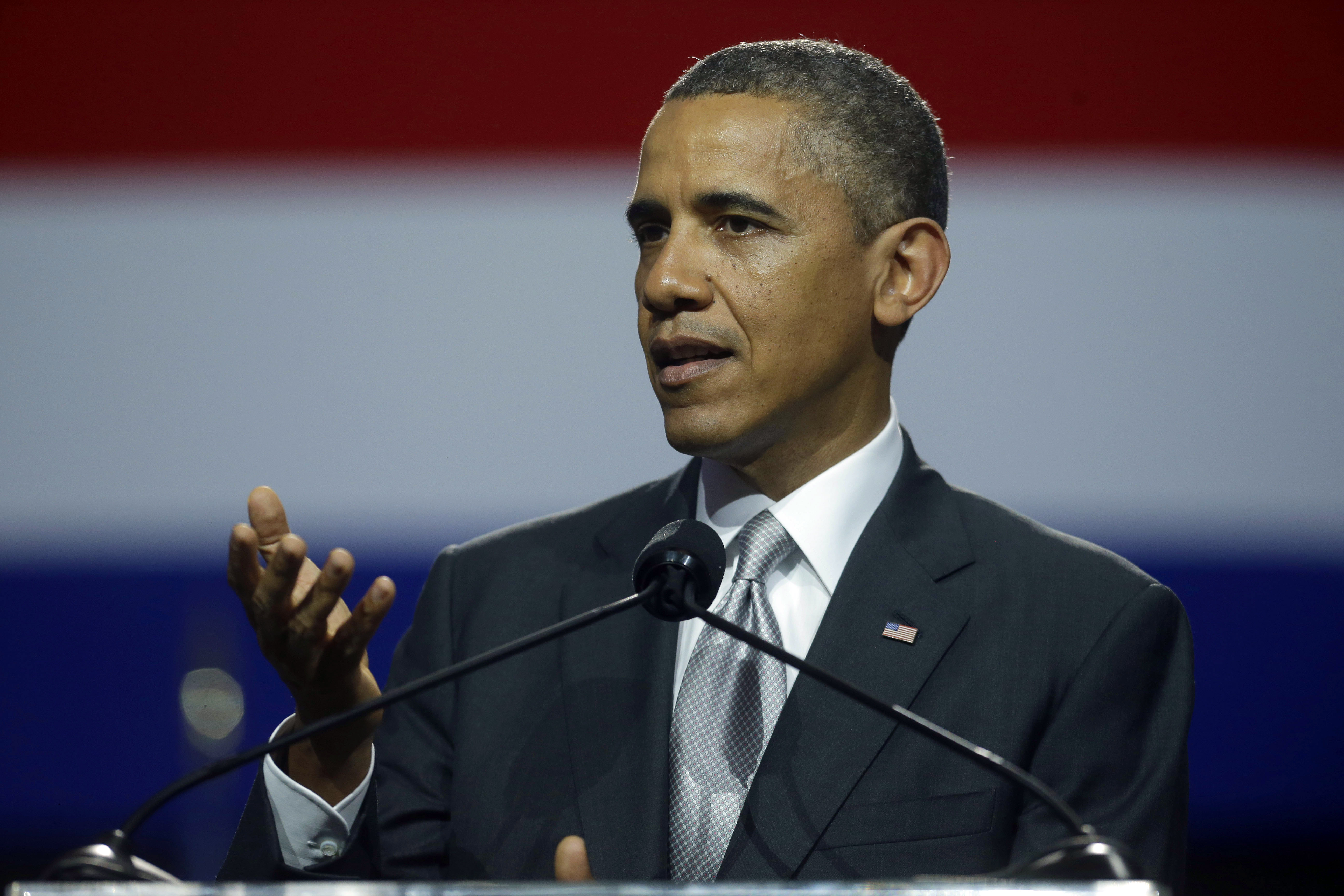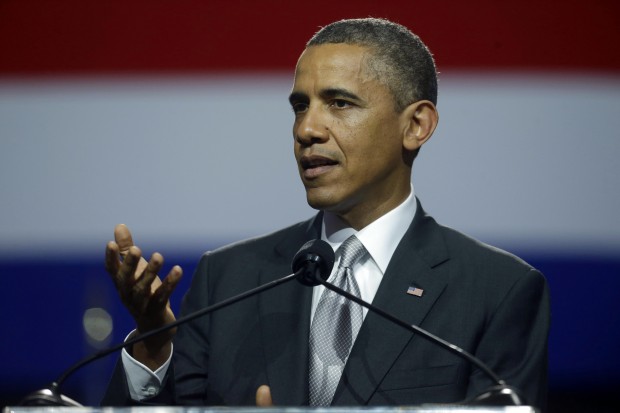
Obama’s last trip to Asia
Tong Kim – The Korea Times
Watching last week’s multiple summits between the heads of the United States, China, South Korea, Japan and Russia, taking place on the sidelines of the G20 conference in China and the ASEAN+3 and East Asia Summit gatherings in Laos, we can only conclude that no new effort was sought to alleviate the increasingly perilous situation on the Korean Peninsula.
The Obama administration will turn over to the next president who will be elected in November a list of unfinished business, including denuclearization in Korea, disputes in the South China Sea, rebalancing to Asia, and strengthening the economic order through the TPP (Trans-Pacific Partnership).
The objective of Obama’s last trip to Asia is said to set the tone for his successor to follow along the path of his pivot to Asia policy, which is strongly challenged by an assertive China that has started exercising its economic and strategic influence in the region. China believes the U.S. seeks to contain its rise in order to continue American dominance in Asia.
Beijing has a good record of working with Washington on climate change, the Iranian nuclear program, North Korean nuclear threats and Ebola. China rejects U.S. intervention in the South China Sea or the human rights situation, which it sees as its internal matter. China regards deployment of a terminal High Altitude Area Defense (THAAD) system to South Korea as a serious threat to its security.
Xi Jinping made clear to Obama and Park Geun-hye respectively that China opposes the “U.S. plan” to deploy the THAAD system in the South. China refutes the argument that the missile defense system is “purely defensive” against North Korean missile threats. President Park’s “conditional deployment” ― if the nuclear threats were resolved, there would be no need for THAAD ― was not persuasive to Xi, who sees a broader ramification of the issue in terms of U.S. strategy for Asia.
In the meeting with Park in Hangzhou, Xi told Park, “Mishandling of the THAAD issue is not constructive to strategic stability in the region, and could intensify conflicts.” On the other hand, Obama, after meeting with Park on Sept. 6, confirmed that the U.S. would proceed with its THAAD deployment, reaffirming the U.S. commitment to the defense of South Korea including “an extended deterrent against any North Korean threat.”
That said, the relevant countries are clearly divided over the THAAD issue: South Korea, the U.S. and Japan on one side and China, Russia and North Korea on the other. In the meantime, North Korea kept threatening provocations by firing three more ballistic missiles during the G20 summit. The U.N. Security Council issued another press statement, condemning the North Korean missile launches. Pyongyang immediately denounced it.
The U.N. statement calls for stricter implementation of resolution 2270, the toughest ever, imposed last March. Yet, the sanctions did not slow down Pyongyang’s missile launches or belligerent rhetoric. The North still finds the resources to support its continuing nuclear and missile tests.
In the past, North Korea was accused of repeating a vicious cycle of provoke, negotiate, pocket rewards and then provoke again. A new cycle has emerged to provoke, sanction and provoke again. Public statements by bilateral or multinational venues against Pyongyang’s weapons program have been unsuccessful in moderating its behavior.
The North is believed to have enough missiles of various types, including submarine-launched ballistic missiles expected to deploy soon to penetrate through the allied missile defense even after deployment of the THAAD system and strike targets in the South. There is no question that the North will keep enhancing its nuclear and missile capabilities.
Since the reinforcement of deterrent by THAAD would not resolve the fundamental issue of the peninsula, some critics still point to dialogue as a necessary attempt. Yet, President Park is firm in her view that North Korean collapse and a subsequent unification by absorption would be the only solution.
In his meeting with Park, Xi reiterated China’s three principles ― denuclearization, stability on the peninsula and dialogue. Obama in turn told Park, if North Korea is willing to fulfill its international obligations to denuclearization, “the opportunities for dialogue are there,” but “their current behaviors are not conducive to the kinds of dialogue and diplomacy that the ROK and the United States would prefer.”
The legacies of the two-term Obama administration will likely be tarnished if Donald Trump is elected. The Republican candidate is racing neck and neck with Hillary Clinton two months before election day. He says Obama made America weak, with no respect from abroad. He opposes Obama’s signature accomplishments: the Iran nuclear deal ― the Joint Comprehensive Plan of Action ― and the Trans-Pacific Partnership (TPP), which is also opposed by Clinton’s campaign.
Obama’s successes include normalizing relations with Cuba, opening Burma, killing Osama bin Laden, improving ties with Vietnam and Laos, and strengthening strategic cooperation with ASEAN countries. His North Korea policy remains as a failure, an irony for Obama who said he would meet with the North Korean leader during his campaign and who was awarded the Nobel peace prize for pronouncing his goal for a world without nuclear weapons.
Obama said he would campaign for Clinton, who is expected to continue the basic tone of Obama’s policy; a pivot to Asia was initiated when she was secretary of state. She appears harsher on North Korea, an ill prospect for an early, peaceful solution to the Korean issue.
We don’t know what Trump might do on Korea or the region. However, he would respect and negotiate in good faith with foreign leaders, as demonstrated in his recent meeting with the Mexican president. He says he wants to make a “safe America” which is not possible to achieve in isolation from the rest of the world. Time will tell. What’s your take?



